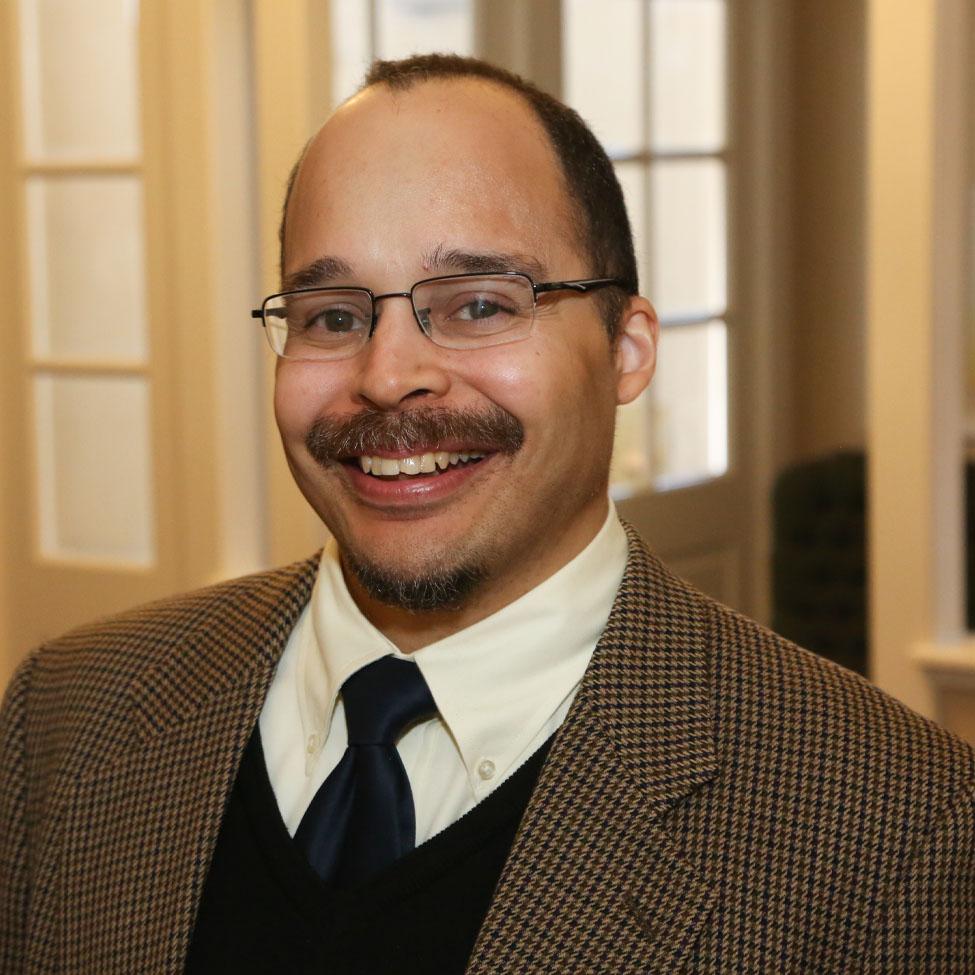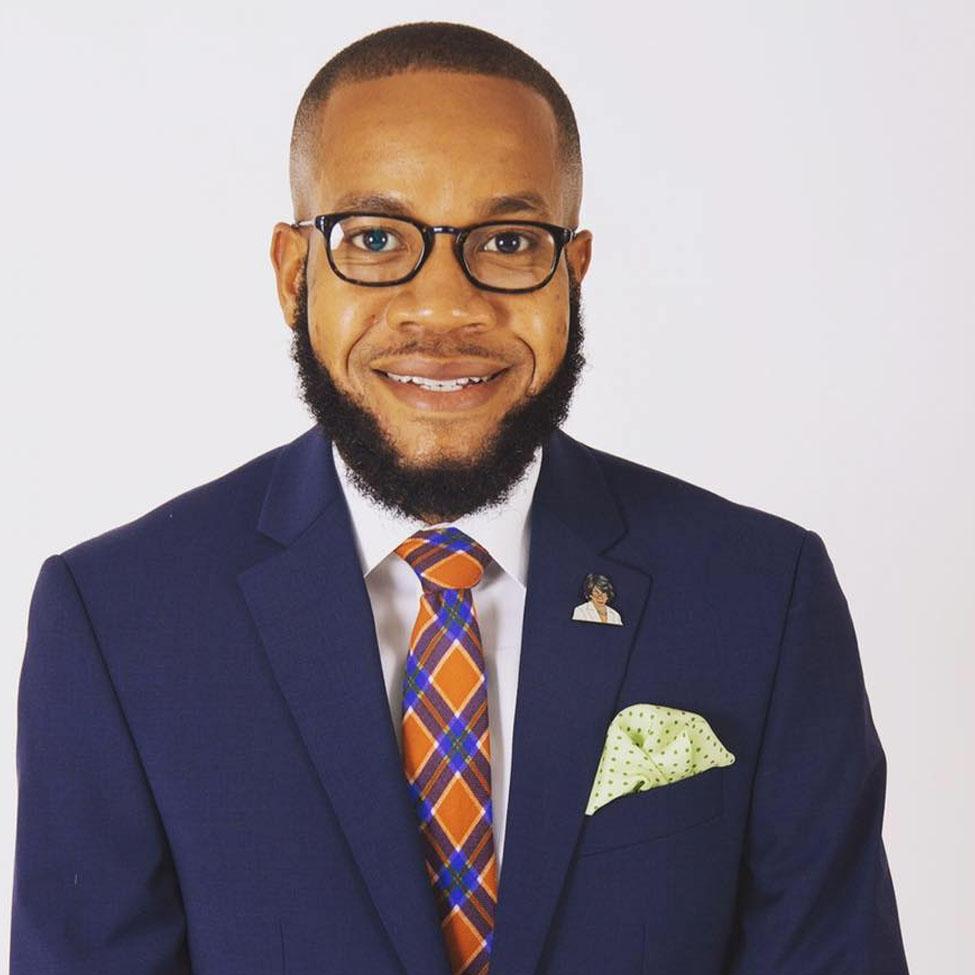
Ask the Faculty: Black History Month
In celebration of Black History Month, we asked Dyson professors, whose specialties or areas of interest include Black or African American history, art, or culture, to share their thoughts on poignant moments, figures, and initiatives.
Tiffany Henley, PhD

Assistant Professor of Public Administration
What improvements would you like to see in public policy as we continue to battle COVID-19?
COVID-19 has shed a light on existing health and social inequities among people of color, veterans, low-income earners, people with disabilities, and adults older than 65. We can achieve health equity through public policy by focusing on the social determinants of health. More specifically, we can move toward a more equitable society by allocating resources to established programs to train low-wage earners in high demand careers, expanding Medicaid in states that have not adopted Medicaid expansion, addressing barriers to health care services related to cost, access, and quality of care, investing in mental health services through benefits and infrastructure, creating opportunities for affordable housing and home ownership, and eliminating systemic racism and discrimination.
Kiku Huckle, PhD

Assistant Professor of Political Science
Co-founder of the Black Excellence Initiative
Why is it important to celebrate Black excellence?
There are many reasons to celebrate Black excellence. From a practical perspective, such recognition benefits us, as a society. This country has long ignored the brilliance, inventiveness, and significant contributions of Black individuals, thereby minimizing their potential for positive impact. By making a concerted effort to course correct this blind spot, we are better positioned to learn from and advance the progress begun by these individuals. From a normative perspective, the honoring of Black excellence is a positive way to counter problems that result from implicit bias and racism. This does not negate the need for policy responses to problems such as police brutality, housing discrimination, and disparities in healthcare and education. Instead, it acknowledges that the root cause of these issues can be attributed to the systemic denial of Black humanity. The celebration of Black Excellence challenges that narrative and creates space for a joyful recognition of Black accomplishment.
S. Brian Jones

Assistant Dean of Diversity and Equity in the Arts
Tell us about an artist who inspired your activism.
“Good, better, best, never let them rest, until your good is better, and your better is your best!”
It is on the shoulders of my ancestors, who are a part of history both Black and American, I stand in my new role as Assistant Dean of Diversity and Equity in the Arts here at Dyson. First, I want to acknowledge, my great-great-great-great grandmother, Mrs. Jane Morris Chester, who was a slave and ran to her freedom at the age of 30 years old. In turn, she became an abolitionist, contributed to the Underground Railroad, was a well-respected restaurant owner in Harrisburg, Pennsylvania, and became known to the world not only for her world-famous taffy, but for her son, my great-great-great uncle, T. Morris Chester, a soldier in the civil war, who went on to be the first African-American in history to write as a correspondent for a major American newspaper, The Philadelphia Press. And, my great aunt, Leona K. Baylor, also a direct descendant of Jane Chester, was a respected educator in the City of Philadelphia. She and Dr. Martin Luther King Jr. talked about civil rights on his only visit to Philadelphia as seen in the photo below.
I write and activate my art through activism because it is in my blood! American history is Black history!
Durahn Taylor, PhD

Associate Professor of History
What do you think has been the most defining moment in US history for Black Americans?
The defining moment was when the decision was made, during colonial times, to adopt African slavery as a labor force for producing agricultural goods, such as tobacco and later cotton. Despite emancipation and the later civil rights laws, we have been grappling with the legacy of this colonial decision ever since, because it supported two notions: the racist notion that people of African descent were somehow less deserving of basic human rights, and the notion that economic profit was more important than human lives. The struggle against those notions has shaped the Black American experience up to this day.
Melvin Williams, PhD

Assistant Professor of Communication Studies
Who in media and/or communications has been or is your inspiration?
Dr. Joan Morgan is my greatest inspiration as a Hip Hop feminist and communication culturist. She is an award-winning author and the “Mother of Hip Hop Feminism,” whose groundbreaking text, When Chickenheads Come Home to Roost: A Hip Hop Feminist Breaks It Down, birthed a generation of Hip Hop feminist scholars in and outside of the academy. Coined by Dr. Morgan, Hip Hop feminism is concerned with cultural and feminist inquiries that examine issues rooted in the aesthetics and politics of Hip Hop culture. As a result of Dr. Morgan’s scholarship, I gained a greater understanding of the complexities of the lived experience of Black women, and the gendered and racialized oppression they face as they try to survive and thrive in Hip Hop’s intersectional, yet misogynistic space. Furthermore, When Chickenheads Come Home to Roost prompted my creation of the COS 296B: Hip Hop Feminism and the Media course in the Department of Communication Studies.